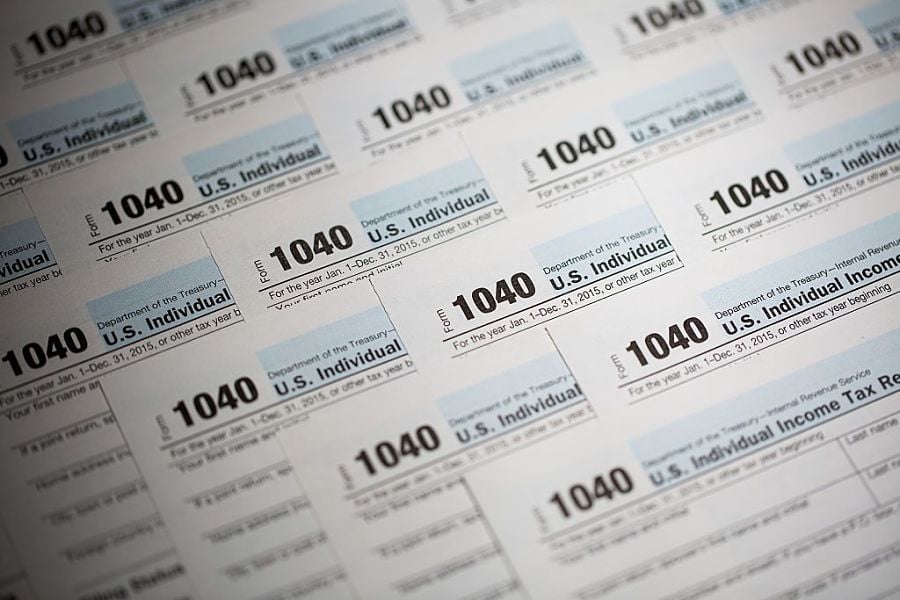

The Internal Revenue Service is delaying the April 15 tax filing deadline to May 17, giving taxpayers an additional month to file returns and pay any outstanding levies.
The postponement applies to individual taxpayers, including people who pay self-employment tax, the IRS said in a statement Wednesday. The relief does not apply to the first-quarter 2021 estimated tax payments that many small business owners owe, however, the agency said. Those payments are still due on April 15. The IRS said it plans to issue more guidance in the coming days.
“This continues to be a tough time for many people, and the IRS wants to continue to do everything possible to help taxpayers navigate the unusual circumstances related to the pandemic, while also working on important tax-administration responsibilities,” IRS Commissioner Chuck Rettig said in the statement. “Even with the new deadline, we urge taxpayers to consider filing as soon as possible, especially those who are owed refunds.”
The filing extension gives taxpayers additional breathing room to meet their tax obligations in what is becoming one of the most complicated tax seasons in decades. The change would come after calls from accountants and leaders in Congress to delay the due date as new legislation and pandemic-related work changes disrupt taxpayer plans.
The IRS said that taxpayers do not need to take any action to take advantage of the extended May 17 deadline. The agency highlighted that the delay does not apply to state tax returns, where the deadlines are set by each jurisdiction.
Among the changes this tax season are last-minute amendments to the $1.9 trillion stimulus bill signed into law earlier this month that give filers a new tax exemption on up to $10,200 of jobless benefits.
The individual tax return, Form 1040, is also the mechanism for people to claim any missing $1,200 or $600 stimulus payments from last year.
Besides the disruptions from the pandemic, the changes in tax law will mean some filers will have to wait for updated forms, resubmit their returns, and some will need to consult a tax adviser on how to proceed if they’ve already filed.
House Ways and Means Chairman Richard Neal, Rep. Bill Pascrell, and Mike Crapo, the top Republican on the Senate Finance Committee, had asked IRS Commissioner Chuck Rettig to delay the filing deadline.
“This extension is absolutely necessary to give Americans some needed flexibility in a time of unprecedented crisis,” Neal and Pascrell said in a statement Wednesday. “While we are pleased with this 30-day extension, we will continue to monitor developments during this hectic filing season.”
The IRS, which has the administrative authority to delay tax deadlines without Congress, also extended the filing season last year at the beginning of the Covid-19 pandemic.
As of early March, the IRS has been behind last year’s metrics in the number of tax returns filed and processed and the number of refunds issued. The filing season, which began Feb. 12, started about two weeks later than usual, and has contributed to the slump.
The tax extension also comes as the IRS has been handed another big task: processing a third round of direct payments to households, this time for $1,400 each. The IRS said it has so far sent about 90 million payments totaling $242 billion.

Relationships are key to our business but advisors are often slow to engage in specific activities designed to foster them.

Whichever path you go down, act now while you're still in control.

Pro-bitcoin professionals, however, say the cryptocurrency has ushered in change.

“LPL has evolved significantly over the last decade and still wants to scale up,” says one industry executive.

Survey findings from the Nationwide Retirement Institute offers pearls of planning wisdom from 60- to 65-year-olds, as well as insights into concerns.
Streamline your outreach with Aidentified's AI-driven solutions
This season’s market volatility: Positioning for rate relief, income growth and the AI rebound
